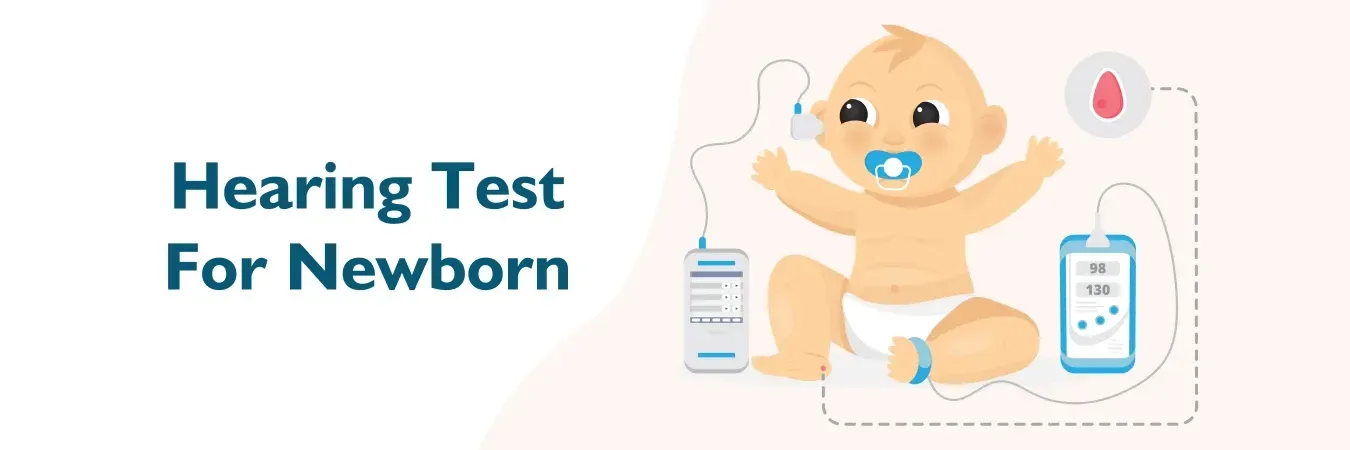As a parent, you likely have questions after your child's most recent newborn hearing screening. Below we have provided a list of common questions we receive and their answers.
Do you still have a question after the test? Contact our clinic department by email to clinic@familyhearinghelp.org or call us at 727-312-3881.

Why is it important to have my baby’s hearing screened early?
It's important to screen your baby’s hearing early because the first three years are crucial for language development. Babies start learning language within the first six months, and early detection of hearing loss allows for timely support, leading to better language skills.
What should I do if my baby’s hearing screening reveals potential hearing loss?
If your baby may have hearing loss, see a pediatric audiologist by 2–3 months old to confirm and assess it. Early treatment, ideally by 3–6 months, is key. Ask your doctor or hospital for help finding a specialist, or check professional directories. A pediatric ENT may also be recommended to explore causes and treatment, and siblings might need testing too.
The follow-up exam revealed that my baby’s hearing is fine. Does that mean we don’t need to check his or her hearing again?
Hearing loss can develop at any age, not just in infancy. It may be inherited or caused by infections before birth, illnesses, injuries, medications, or loud noise. Use a developmental checklist to track your child’s communication milestones up to age 5, and speak with your pediatrician if you have any concerns.
How can I help my child with hearing loss develop language skills?
Early intervention helps children with hearing loss develop strong communication and learning skills. Federal law ensures access to needed services, and local programs may offer extra support. Your health care team can connect you with specialists like speech-language pathologists or experienced teachers. Regular communication with your child and keeping up with appointments are essential.
What devices could help my child hear and communicate better?
Depending on your baby’s needs, various tools can support communication:
Hearing aids amplify sound and can be used from as early as 1 month old. A pediatric audiologist will help choose and fit the right one.
Cochlear implants are for children who don't benefit from hearing aids. Approved for babies as young as 9 months, they help provide sound by bypassing damaged parts of the ear. Early use can lead to strong speech and language development.
Assistive devices like classroom amplifiers or phone/TV aids can support hearing as your child grows.
Specialists will help you choose the best options for your child.
Will my child be successful in school?
Children who are deaf or hard-of-hearing can succeed in school and life with the right support. Partner with the school to create an IEP(individualized education program) or IFSP(family service) and ask about including an educational audiologist. Explore extra programs, talk to other parents, and know that federal law ensures free support services from birth through school years.




